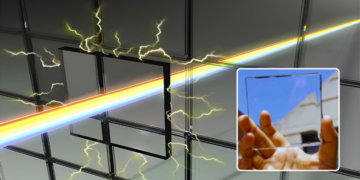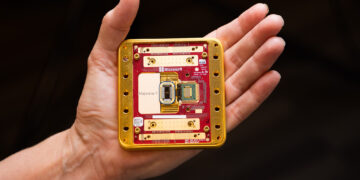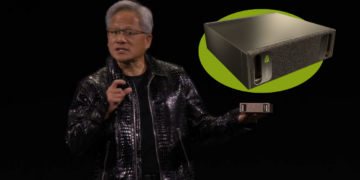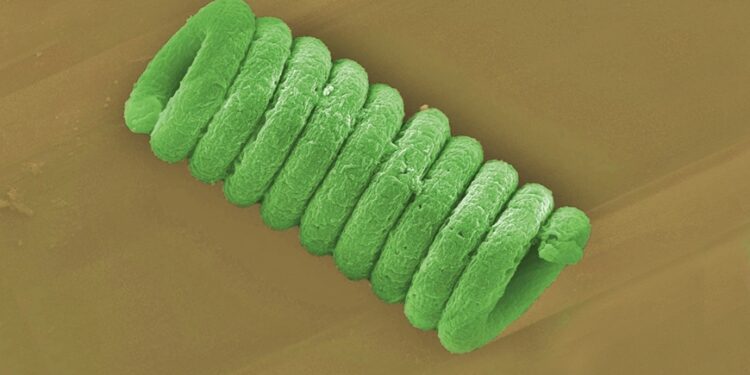The new product exploits the activity of algae combined with zinc and nickel to clean the seas from pollutants and produce energy and fertilizer
Spirulina seaweed, commonly called spirulina algae, is a monocellular organism that is part of the cyanobacteria family that usually grows in extremely clean watery environments. Lately its name spread because it is the basis of several dietary supplements. Researchers at the Swiss Federal Laboratories for Material Science have found a new use with a strong environmental impact. The product consists of spirulina, nickel, zinc oxide and zinc sulfide.
The team was able to coat the spiral of the algae with a combination of nickel, zinc oxide and zinc sulfide, which form very small fern-shaped structures. The metal part absorbs the light energy and carries it into the algae. The purification property of the algae in this way is increased by the energy provided by the metals. Nickel, on the other hand, allows the recovery of coated spirals thanks to its magnetism. The function of zinc instead is to speed up the process of destruction of pollutants.
Once the work is completed, the spirals can be easily recovered. Zinc and nickel compounds are recycled and separated from the organic component. The algae are then used to produce bioethanol and biodiesel. Alternatively, spirulina can be transformed into pellets and burned to produce energy and ash, which is then further exploited as fertilizer. The ecological impact is also increased by the fact that the algae, during its growth, absorbs carbon dioxide and further reduces the final environmental impact.
You might also be interested in -> New intelligent sponge separates oils from water

































